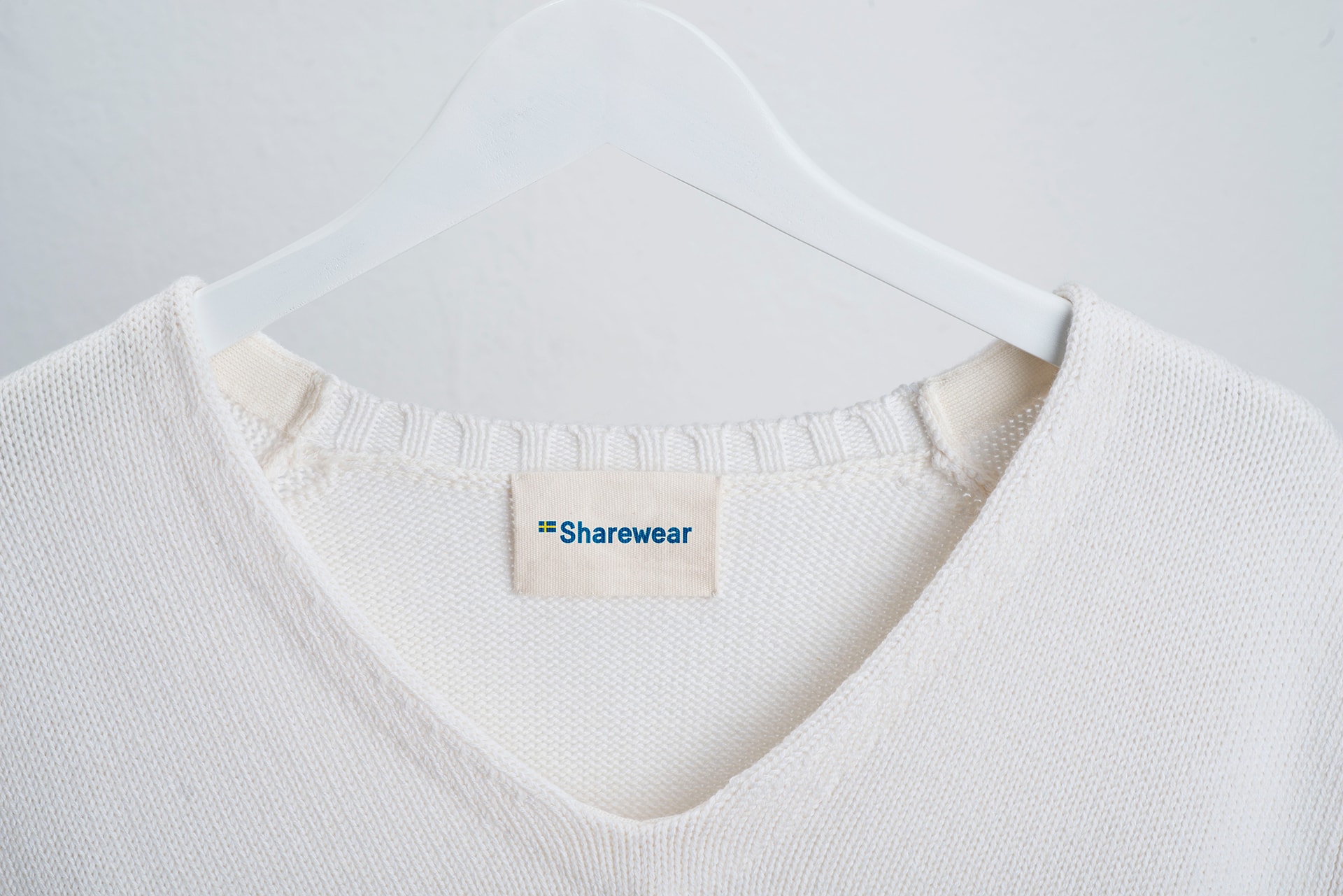
That our consumption habits are draining our planet on resources isn’t news to anyone but the amount of stuff we buy just doesn’t seem to decrease at all. Looking at fashion specifically we buy 80 billion items of clothing each year across the globe and we’re continuously being told this isn’t sustainable. To do something about it, many are looking towards a more minimalist approach where they try to buy less but we’re also seeing other interesting alternatives to the traditional linear economy of making / using / disposing. Alternatives where resources are kept in use for as long as possible, extracting the value from them, allowing us to reduce waste, helping to reduce the environmental impacts of our consumption.
Clever entrepreneurs are leading the way here, within this circular economy of fashion, showing that there are other ways to do things, but that it doesn’t mean you have to give up your love of having new things to wear.
Lena the fashion library is one example, with a new take on owning fashion – “enjoy the feeling of new but without having to possess everything”. It’s based in Amsterdam and offers high quality collections of vintage, designer and eco labels that you can borrow, or buy if there’s a borrowed item you particularly like.
A similar sharing model is used by Sabina & Friends in Stockholm and American Rent the Runway has been loaning out designer dresses since 2009.
One of the most recent and interesting sharing initiatives is ShareWear, run by VisitSweden and the Swedish Institute, also aiming to inspire a more sustainable way to be fashionable. The idea behind ShareWear is that you borrow items but then share them forward – by taking a photo of the item, uploading it to Instagram and using the hashtag #sharewear – for others to enjoy. Some of Sweden’s leading fashion brands such as Filippa K, House of Dagmar, and Uniforms for the Dedicated are lending their items so there are some great pieces to get your hands on.
Having to sacrifice the latest trends and new exciting things to wear puts most people off reducing their consumption but these initiatives all show that no sacrifice is needed.
Image: Sharewear.se
